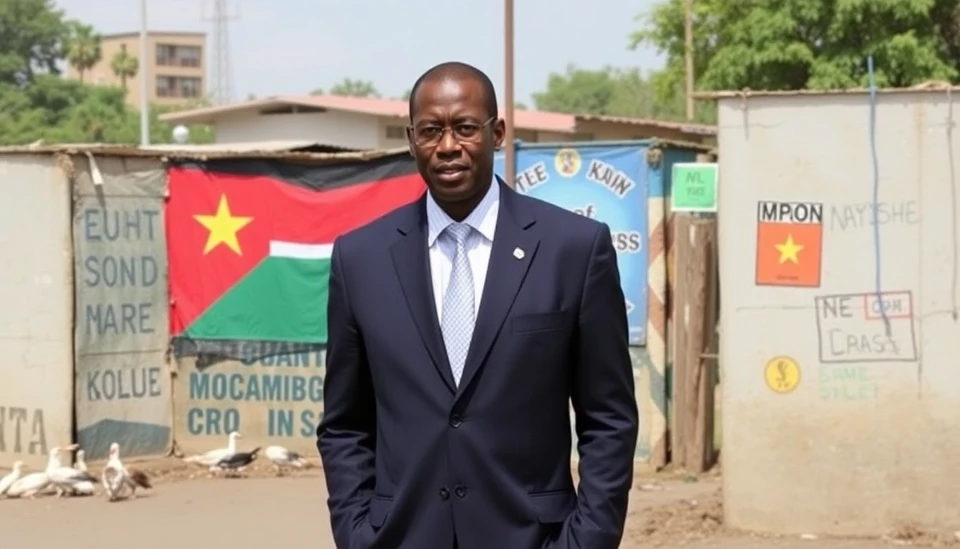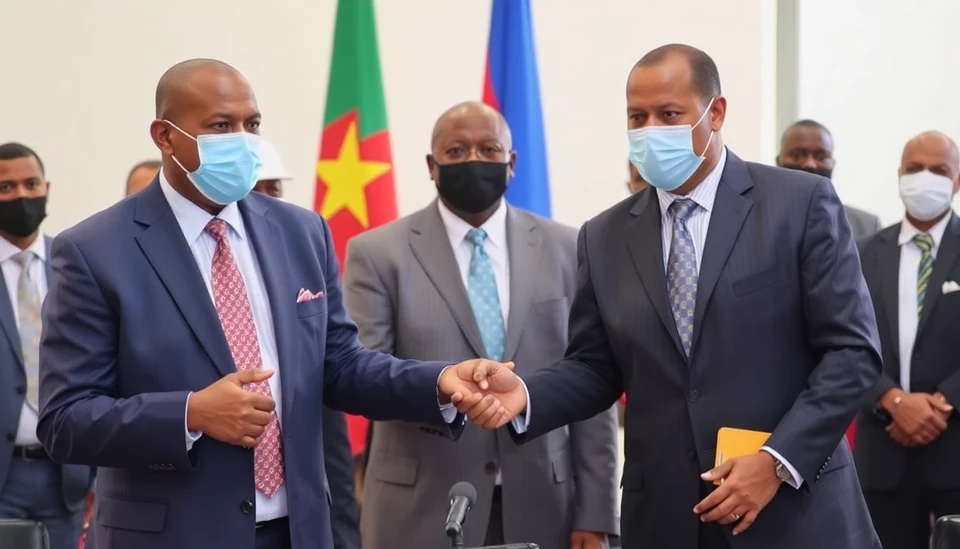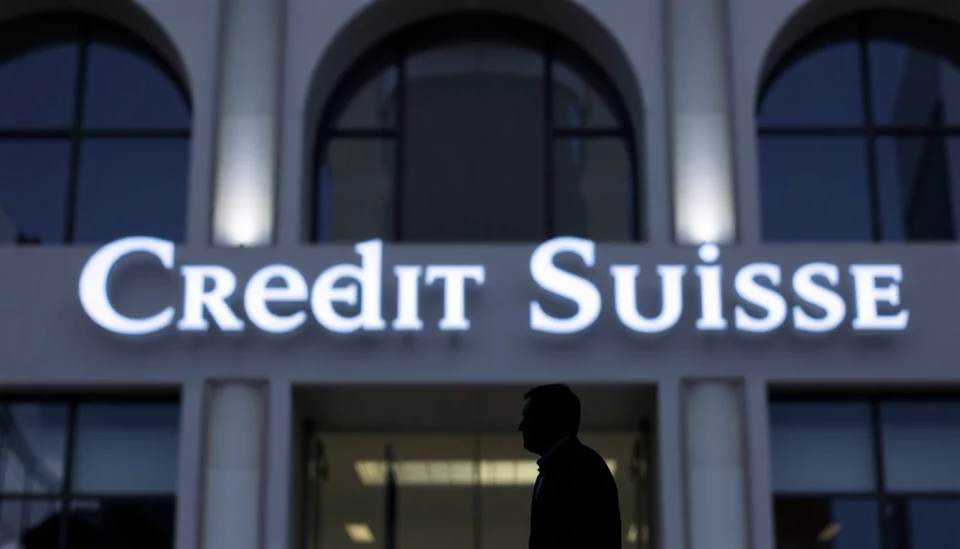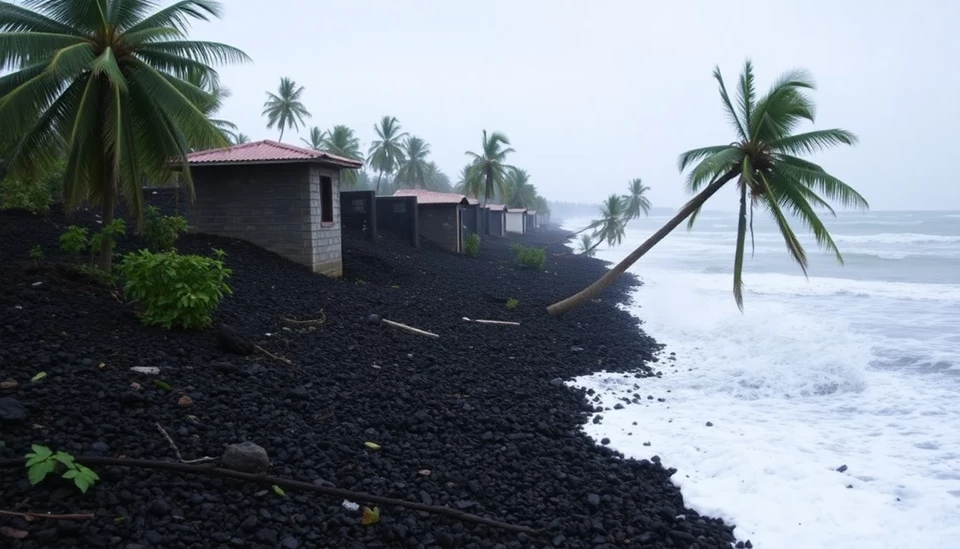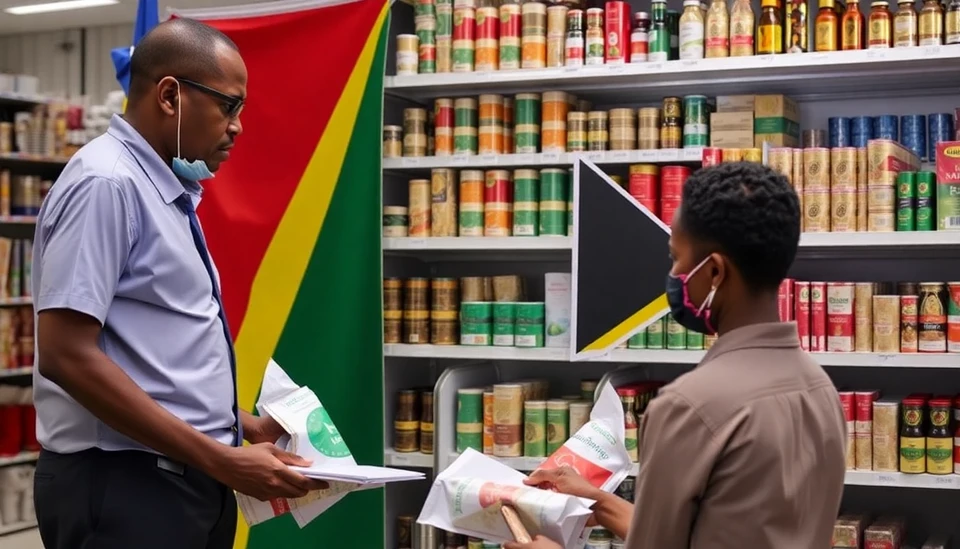
In a decisive move aimed at alleviating socioeconomic pressures on its citizens, the government of Mozambique has announced an extension of its tax exemption policy on essential goods. This decision comes in response to mounting public discontent fueled by soaring food prices and increasing living costs, which have sparked protests and unrest across the nation.
The extension of the tax exemption, which initially aimed to ease the financial burden on consumers, has been extended for an additional six months, as confirmed by the Ministry of Industry and Trade. This initiative is part of a broader strategy to manage the inflationary pressures that have significantly impacted the purchasing power of Mozambicans, making basic necessities less accessible.
According to the latest government reports, the country has been grappling with inflation rates that have consistently surpassed 10% over the past year, primarily driven by external factors such as global market fluctuations and adverse climatic conditions affecting local agriculture. The high costs of staples such as rice, wheat, and cooking oil have been particularly hard-hitting, intensifying the urgency for actionable solutions.
This latest measure is intended to provide temporary relief for households struggling to make ends meet while also aiming to stabilize the prices of basic commodities in the market. Analysts believe that while the tax exemption will provide some short-term respite, it is critical for the government to address the underlying economic issues that contribute to volatility in pricing.
The government’s initiative also serves as a response to civil discontent, as citizens have taken to the streets to voice their grievances regarding the rising cost of living. By extending the tax exemption, authorities hope to mitigate unrest and demonstrate their commitment to the welfare of the populace.
Some economists argue, however, that while measures like tax exemptions can provide immediate assistance, they can also lead to longer-term economic distortions if not managed correctly. They emphasize the necessity for sustainable economic policies that not only address immediate concerns but also lay the groundwork for stable growth.
The Ministry of Industry and Trade urges all stakeholders to remain engaged in discussions about economic stability and to work collaboratively with the government to find enduring solutions that benefit all sectors of society. The situation remains fluid, and the government's proactive stance is indicative of its commitment to fostering peace and stability in the region.
As Mozambique navigates these challenging economic waters, the effectiveness of such measures will be closely monitored by both the local populace and international observers. The government's actions in the coming months will be vital in determining the pace of recovery from this economic strain.
As the nation rallies for stability and sustainability, the extension of tax exemptions on basic goods is but one step in a long journey towards economic resilience.
#Mozambique #TaxExemption #Inflation #CostOfLiving #EconomicStability #FoodPrices #PublicProtest
Author: Laura Mitchell

